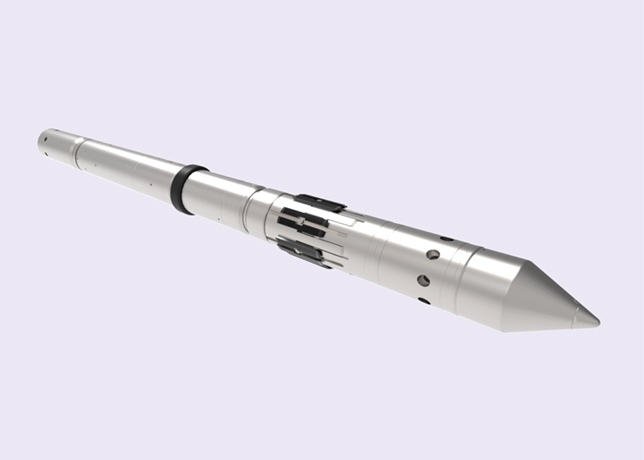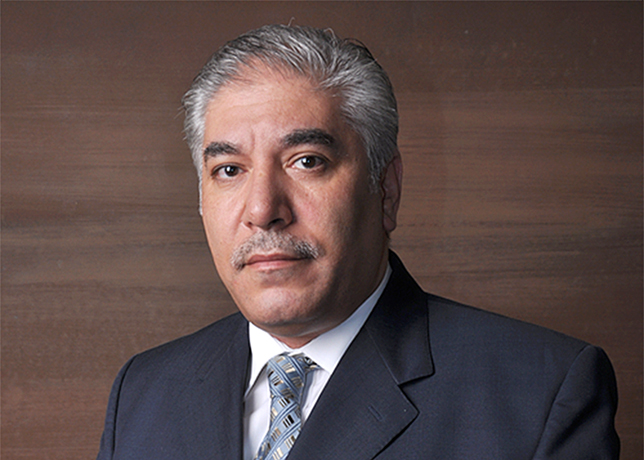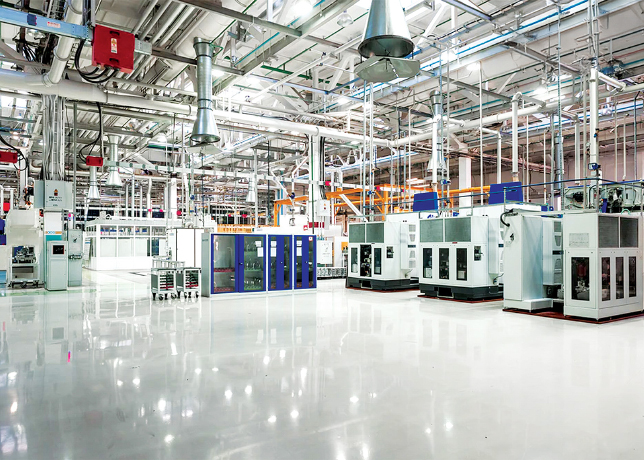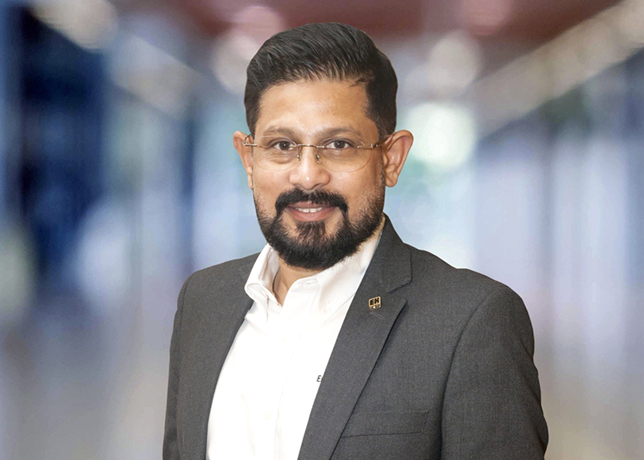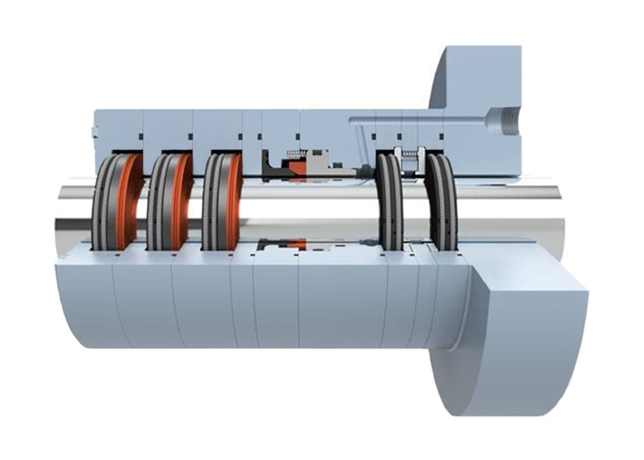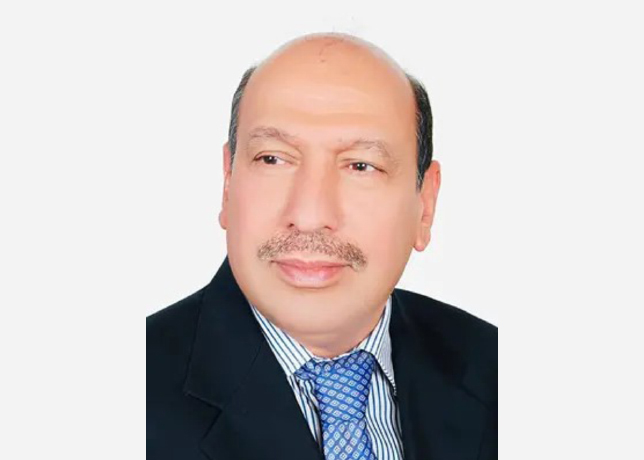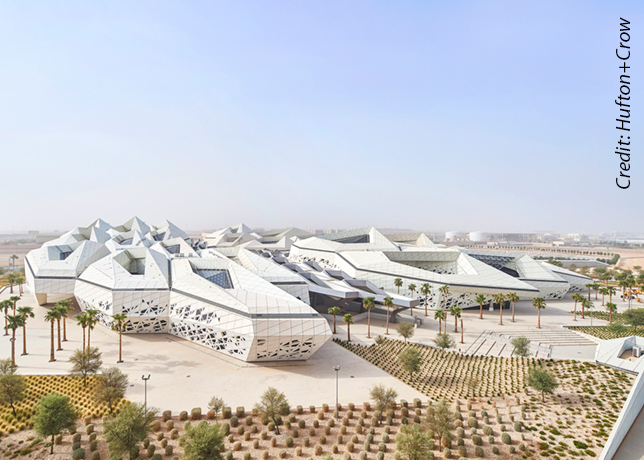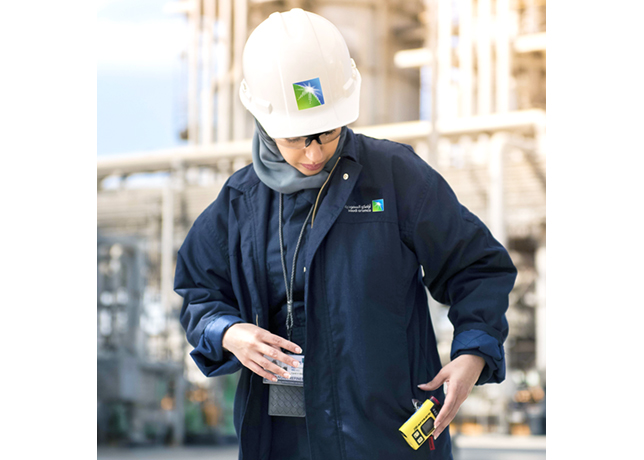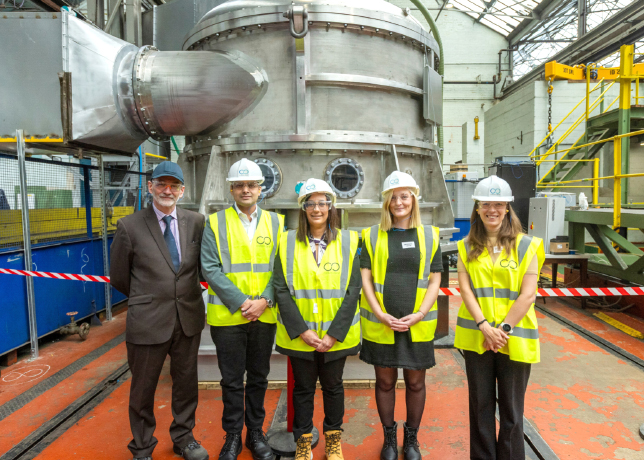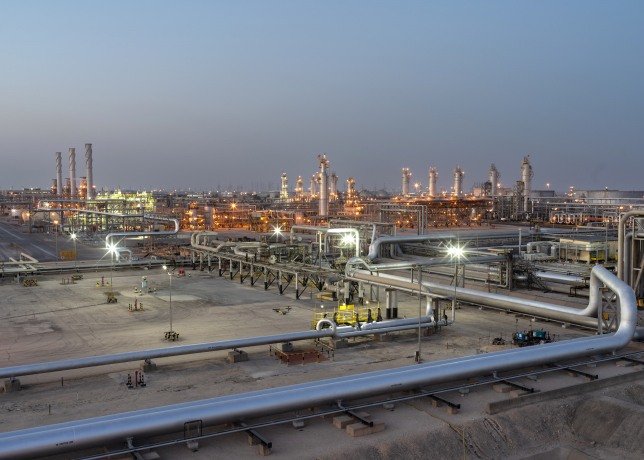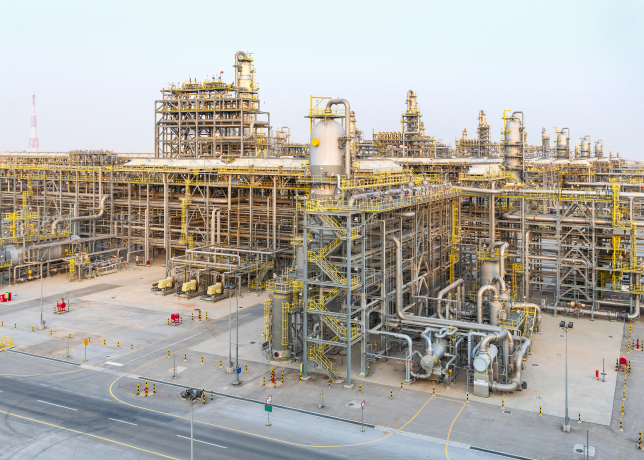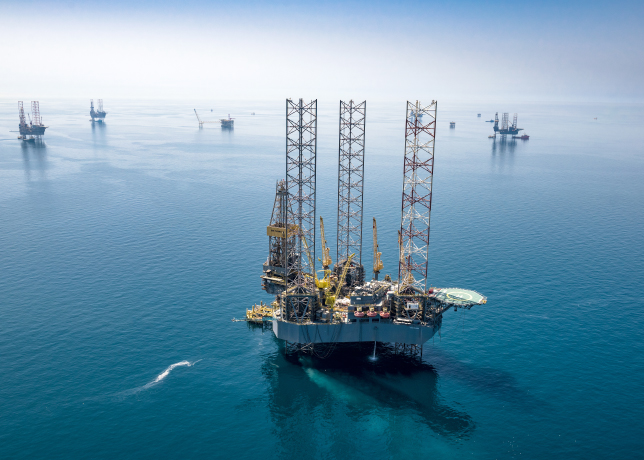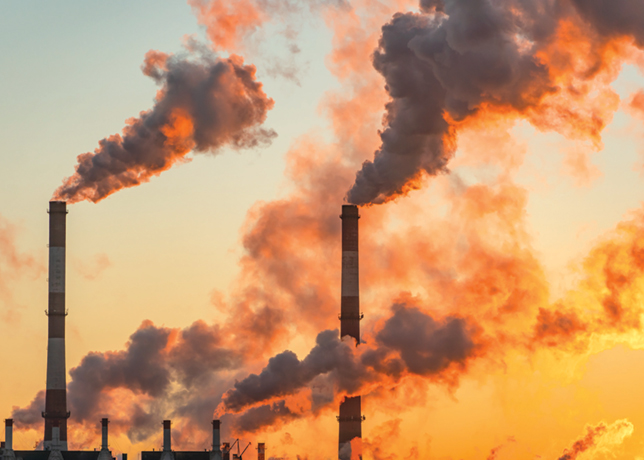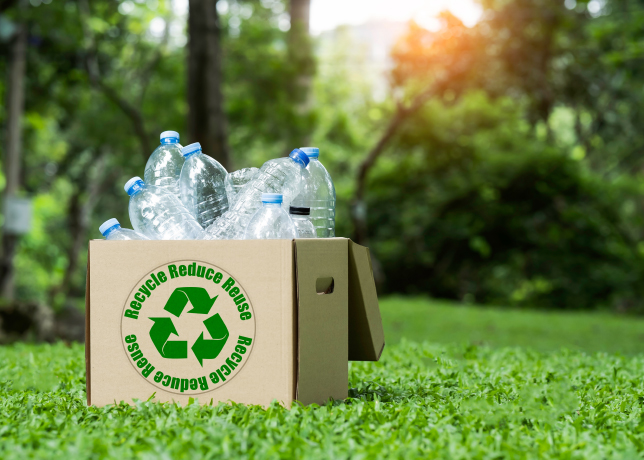
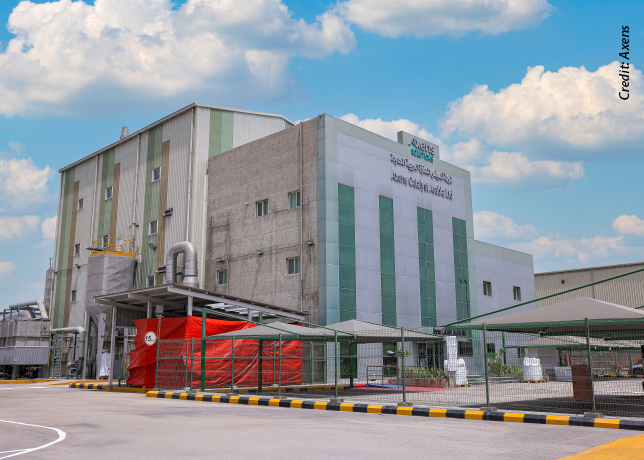 Axens Catalyst Arabia’s Production Facility in Dammam Industrial City 2
Axens Catalyst Arabia’s Production Facility in Dammam Industrial City 2
The expansion enhances local production in line with Vision 2030 and iktva goals while reducing environmental impact and strengthening regional sustainable energy solutions, Abdulkareem Al-Yami and Quentin Debuisschert tell OGN
Axens Catalyst Arabia Limited (ACAL) has marked a significant milestone with the expansion of its site in Dammam, positioning the Kingdom as a hub for advanced sulphur recovery solutions.
The facility now manufactures industry-leading tail gas treatment (TGT) catalysts, enabling refiners to achieve up to 99 per cent sulphur recovery while lowering energy use and reducing carbon footprints across operations.
Aligned with Vision 2030, the ACAL expansion underscores the company’s commitment to sustainability, localisation, and innovation,bolstering economic diversification while strengthening Axens’ role as a trusted partner in the Middle East’s energy transition, Abdulkareem Al-Yami, Managing Director and Sales Director Middle East (GAS) Axens, and Quentin Debuisschert, Chairman and CEO Axens, tell OGN energy magazine.
Below are excerpts from the interview:
Can you elaborate on the production of TGT catalysts at the newly expanded ACAL site in Dammam, and how these help achieve sulphur recovery?
Al-Yami: In its efforts to support customers in achieving 99 per cent sulphur recovery, Axens has developed an industry leading catalyst.
 |
Abdulkareem Al-Yami |
The tail gas treatment (TGT) catalyst utilises Cobalt-Moly as its active phase, an effective agent in converting SO2 to H2S, which can then be recycled to the sulphur recovery unit.
Axens Catalyst Arabia Limited (ACAL) leverages the most advanced technologies that ensure a high rate of production coupled with world-class quality control and assurance facilities.
How do TGT catalysts impact energy consumption and capex?
Al-Yami: A feature of the TGT catalyst manufactured in ACAL is that it requires a substantially lower temperature to operate in the TGT unit.
This means that it requires less energy and thereby reduces energy demand, further contributing to a lower carbon footprint.
These and many more proprietary features of our TGT catalysts have made them recognised by our customers as industry benchmarks.
How does Axens ensure that its TGT catalysts meet stringent environmental regulations, and what specific standards are you targeting in the Middle East?
Al-Yami: Axens sets very stringent quality checks on all its manufacturing sites. At ACAL, we have a fully outfitted quality laboratory to ensure that every kilogramme of catalyst that comes off the production line is in line with our performance standards.
Furthermore, these catalysts were developed and tested alongside IFP EN, a leader in the field of R&D in the oil and gas industry.
Using both these measures, we designed, produced and tested our TGT catalysts to meet the strict environmental regulations expected by our customers.
Axens has established its products’ reputation over many years of exemplary performance in our customer units all over the world with varying conditions.
How does the expansion of the ACAL site align with supporting local content development and the broader economic goals of the Kingdom?
Al-Yami: Firstly, local content development is about increasing investment, and this project is another step in Axens’ commitment to more local investment.
The project also supports Aramco’s In Kingdom Value Added (IKTVA) programme and the intention is to localise the production of TGT catalysts in the Kingdom.
Consequently, as part of Saudi Arabia’s Vision 2030 and the Saudi Green Initiative (SGI), the Kingdom aims to reduce carbon emission by 278 mtpa by 2030.
Axens’ role is to support Aramco to lower its carbon footprint by utilising a low temperature catalyst, reducing emissions and energy demand across its facilities that have tail gas treatment unit, which is a substantial contribution.
Lastly, the project serves the Kingdom’s economic goals of economic diversification, increasing local talent development, private sector and industry growth, as well as sustainability and innovation goals.
How does the ACAL expansion contribute to the objectives of the United Nations Sustainable Development Goals?
Debuisschert: Reducing the need to transport goods from Europe to the Middle East by producing locally has a positive environmental impact.
Furthermore, our ACAL facility is designed and built to meet rigorous environmental emissions standards.
We have HSE programmes in place targeting our employees’ health, the environment and our impact on the adjacent community.
All of these, and more, are contributing elements to the overall CSR policy of Axens and our aim is to continuously improve the operation of our customer facilities and by extension our own.
Debuisschert: How does the ACAL site expansion complement Axens’ broader strategy to support sustainable energy solutions in the Middle East?
We are really proud to be a company that offers so much in the space of sustainability and renewable fuels.
The expansion project is one of many solutions Axens offers to our customers to optimise their operations and reduce their energy consumption while minimising environmental impact.
Coupled with many of our other innovative solutions, such as e-Heaters, Axens is poised to serve the region’s customers as they transition their energy mix and seek ways to effectively adapt technologies to help them achieve both corporate and governmental performance indicators.
Axens is known for its comprehensive solutions, from catalysts to technical services. How does ACAL integrate these services to support regional clients in optimising their sulphur recovery processes?
Debuisschert: Every Axens regional subsidiary, including ACAL, is an extension of Axens and its portfolio.
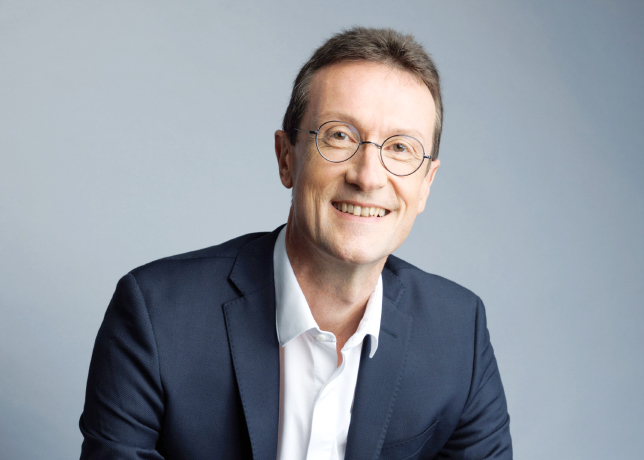 |
Quentin Debuisschert |
ACAL has distinguished Axens in its desire not only to get closer to our Middle East customers, but also offer our portfolio of comprehensive solutions at a local level.
In collaboration with our sister company, Axens Middle East, we are able to bring our services directly to our customers with boots on the ground.
ACAL has also helped in ensuring a rapid pace of responsiveness to our customer needs and being able to facilitate different activities as the customers require, a good example is the time sensitive nature of plant turnarounds.
ACAL’s presence helps with everything from logistics to facilitation of our teams mobilisation where needed.
Our goal is to ensure that operators with sulphur recovery units don’t only get the products loaded in their units, but receive the support on site to start up their units including regular followups.
We make an honest effort to explore where our customers can optimise their operations.
We’ve worked extensively within the country as well as with regional customers, and I am pleased of the fact that we are a trusted partner in this region.
It wasn’t easy, and it required commitment at all levels, but that is the Axens way.
What challenges did ACAL face during the site expansion in Dammam, and how were these overcome to ensure the project’s completion by April 2025?
Al-Yami: ACAL’s team in collaboration with our headquarter team put in a great deal of effort to prepare every step of the way.
However, we were met with many challenges from critical equipment lead time to construction delays as well as permits and approvals.
In the end, we worked closely with our supply chain and others to ensure delivery in April 2025, and achieved a successful startup on April 15.
What future expansions or innovations is Axens planning for the ACAL site to further support the oil and gas sector’s transition towards more sustainable practices in the Middle East?
Debuisschert: At this time, we are studying a number of projects. In the near future, we will utilise solar energy to power the plant, we will continue to further expand our plant to produce a different range of products, further strengthening our local content.
We will soon launch a transformative sustainability-focused programme that will bring more value to our sulphur recovery customers.
The exciting thing about Axens is that we are poised to bring more sustainable solutions to the region, and are currently engaged with different stakeholders on various topics across the region on our low-carbon portfolio.
We are at a turning point, I’m optimistic these sustainable practices will create a positive ripple effect throughout the industry.
Could you elaborate, how this project fits with ACAL value proposition?
Al-Yami: With this new expansion we are in a unique position to respond quickly to our customer needs and deliver the top-tier products.
We also bundle them with class-leading expert technical support, digital solutions, and many other offers.
So while the expansion aims to increase our capacity to supply our customers locally and regionally, our closeness to the customers allows us to position ourselves as a value-add partner versus our competitors.
By Abdulaziz Khattak







































































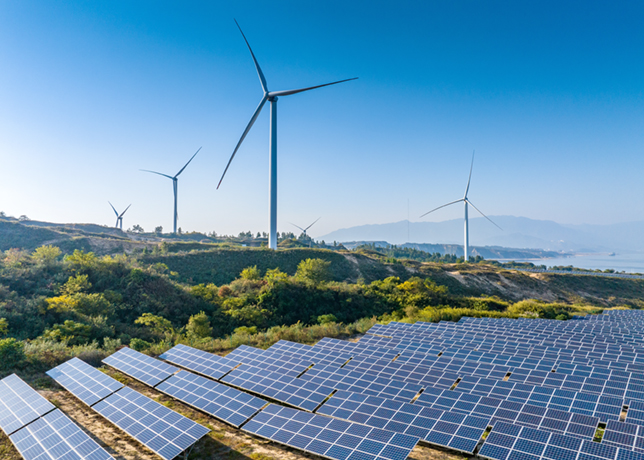




-is-one-of-the-world.jpg)
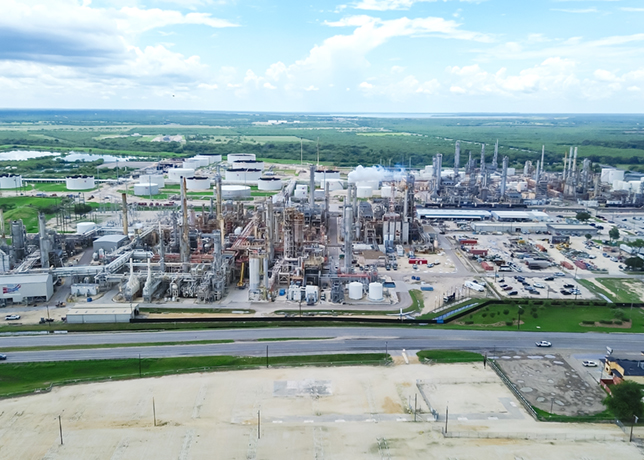
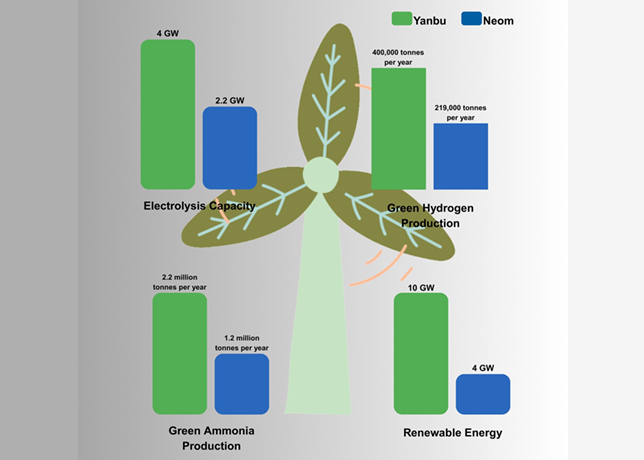
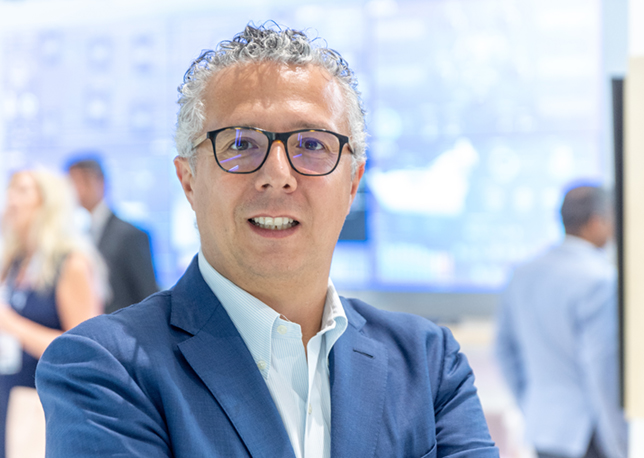
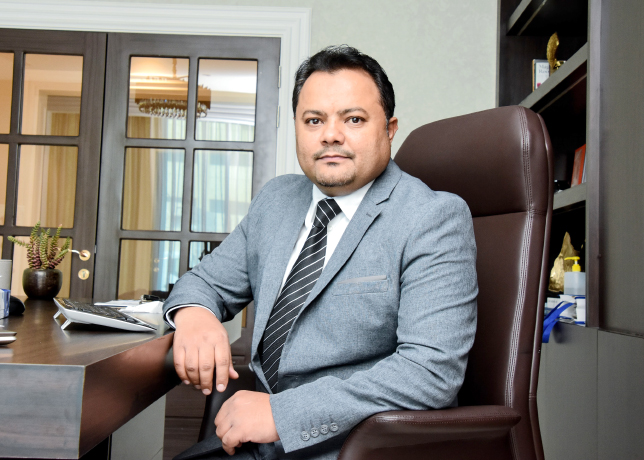
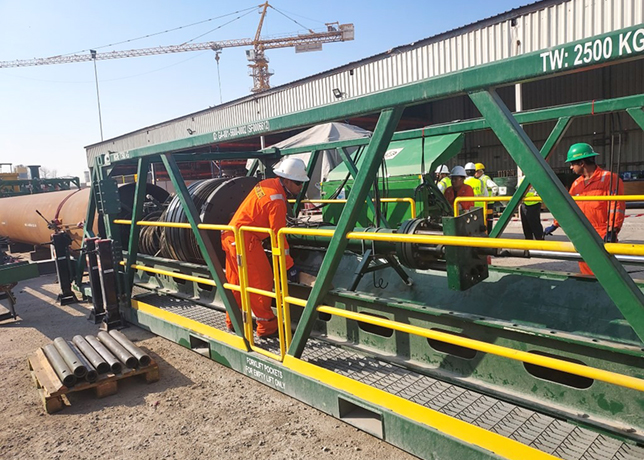
-(4)-caption-in-text.jpg)
